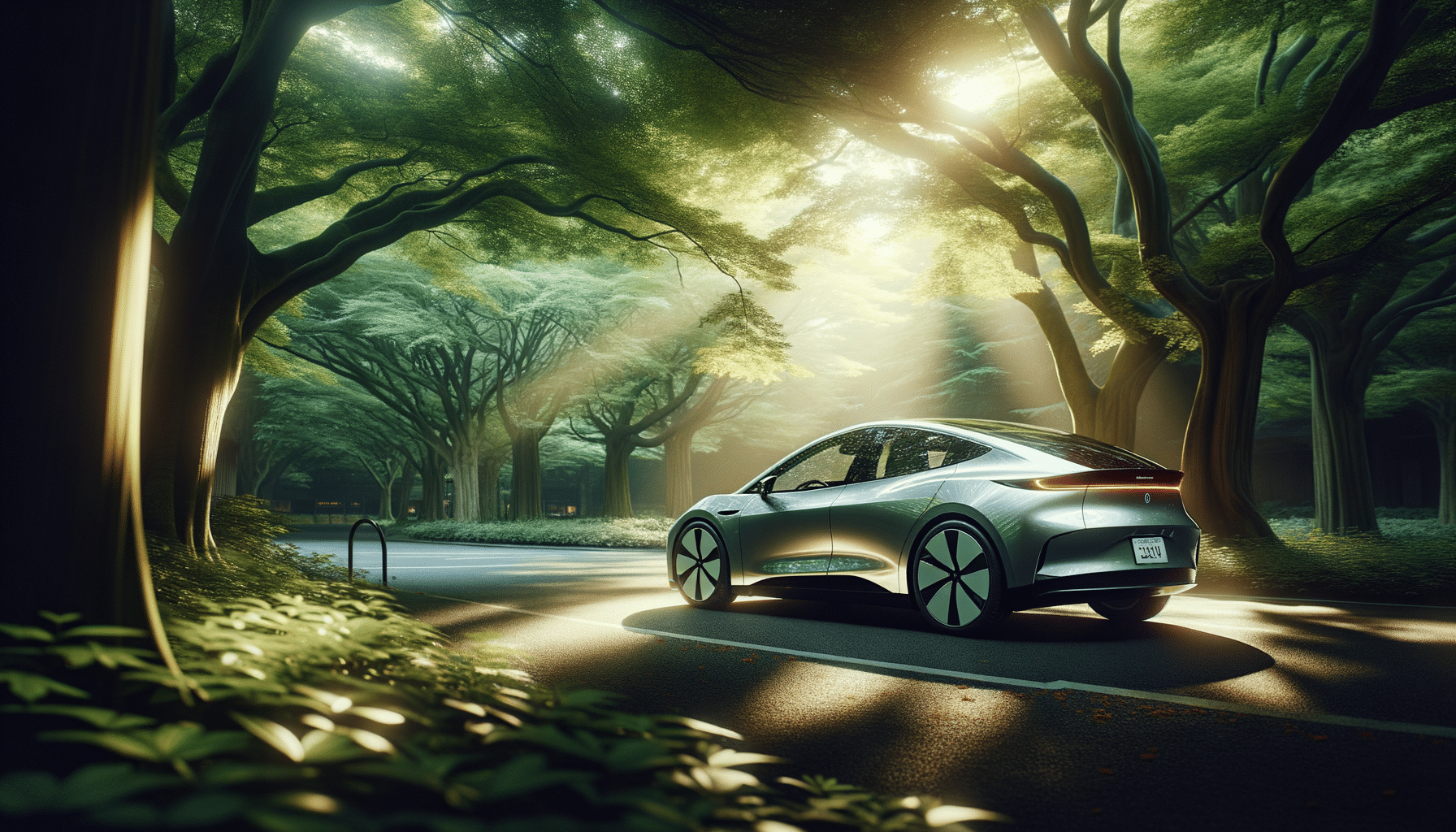
Top Things to Consider Before Buying an Electric Car
Introduction to Electric Cars
Electric cars have revolutionized the automotive industry, offering an environmentally friendly alternative to traditional gasoline-powered vehicles. With the growing concern over climate change and pollution, electric cars have become increasingly popular among consumers looking to reduce their carbon footprint. This article explores various aspects of electric cars, providing insights into why they are a significant consideration for modern buyers.
Understanding the Cost of Electric Cars
The initial cost of an electric car can be higher compared to its gasoline counterparts, but it’s essential to consider the long-term savings. Electric vehicles (EVs) typically have lower operating costs due to reduced fuel expenses and maintenance requirements. There are several factors to consider:
- Purchase Price: While EVs might have a higher upfront cost, incentives and tax credits can significantly reduce the price.
- Fuel Savings: Electricity is generally cheaper than gasoline, leading to substantial savings over time.
- Maintenance Costs: Electric cars have fewer moving parts, resulting in lower maintenance and repair costs.
Overall, when assessing the cost of an electric car, it’s crucial to weigh the initial investment against long-term financial benefits.
Environmental Impact of Electric Cars
One of the primary motivations for purchasing an electric car is its positive impact on the environment. Unlike traditional vehicles, electric cars produce zero tailpipe emissions, contributing to cleaner air and reduced greenhouse gases. Consider the following environmental benefits:
- Reduced Emissions: EVs help decrease air pollution in urban areas, improving overall air quality.
- Energy Efficiency: Electric cars convert a higher percentage of electrical energy from the grid to power at the wheels compared to conventional vehicles.
- Sustainability: Many manufacturers are focusing on sustainable production practices and using recyclable materials in electric cars.
The environmental advantages of electric cars make them a compelling choice for eco-conscious consumers.
Range and Charging Infrastructure
When considering an electric car, potential buyers often worry about the vehicle’s range and the availability of charging stations. The range of an electric car refers to the distance it can travel on a single charge. Modern electric cars offer a range that can accommodate most daily commutes. Key considerations include:
- Battery Capacity: Larger batteries provide a longer range but may increase the vehicle’s cost.
- Charging Stations: The expansion of public charging infrastructure has made it easier for EV owners to find charging stations.
- Home Charging: Installing a home charging station can offer convenience and ensure the vehicle is ready for daily use.
Understanding the range and charging options is crucial for ensuring that an electric car meets your lifestyle needs.
Technological Advancements in Electric Cars
The rapid technological advancements in electric vehicles have led to improved performance and features. These advancements make electric cars more attractive to tech-savvy consumers. Some of the notable innovations include:
- Autonomous Driving: Many electric cars now offer advanced driver-assistance systems, enhancing safety and convenience.
- Connectivity: Electric cars often come with integrated smart technologies, allowing for seamless connectivity with devices and apps.
- Battery Technology: Improvements in battery technology have resulted in faster charging times and increased range.
Technological innovations continue to enhance the appeal of electric cars, making them a forward-thinking choice for buyers.
Conclusion: Is an Electric Car Right for You?
Deciding whether to purchase an electric car involves evaluating various factors, from cost and environmental impact to range and technology. Electric cars offer numerous benefits, including lower emissions, reduced fuel costs, and cutting-edge features. However, it’s important to assess personal driving habits, budget, and access to charging infrastructure before making a decision. By considering these factors, potential buyers can determine if an electric car aligns with their lifestyle and values.


